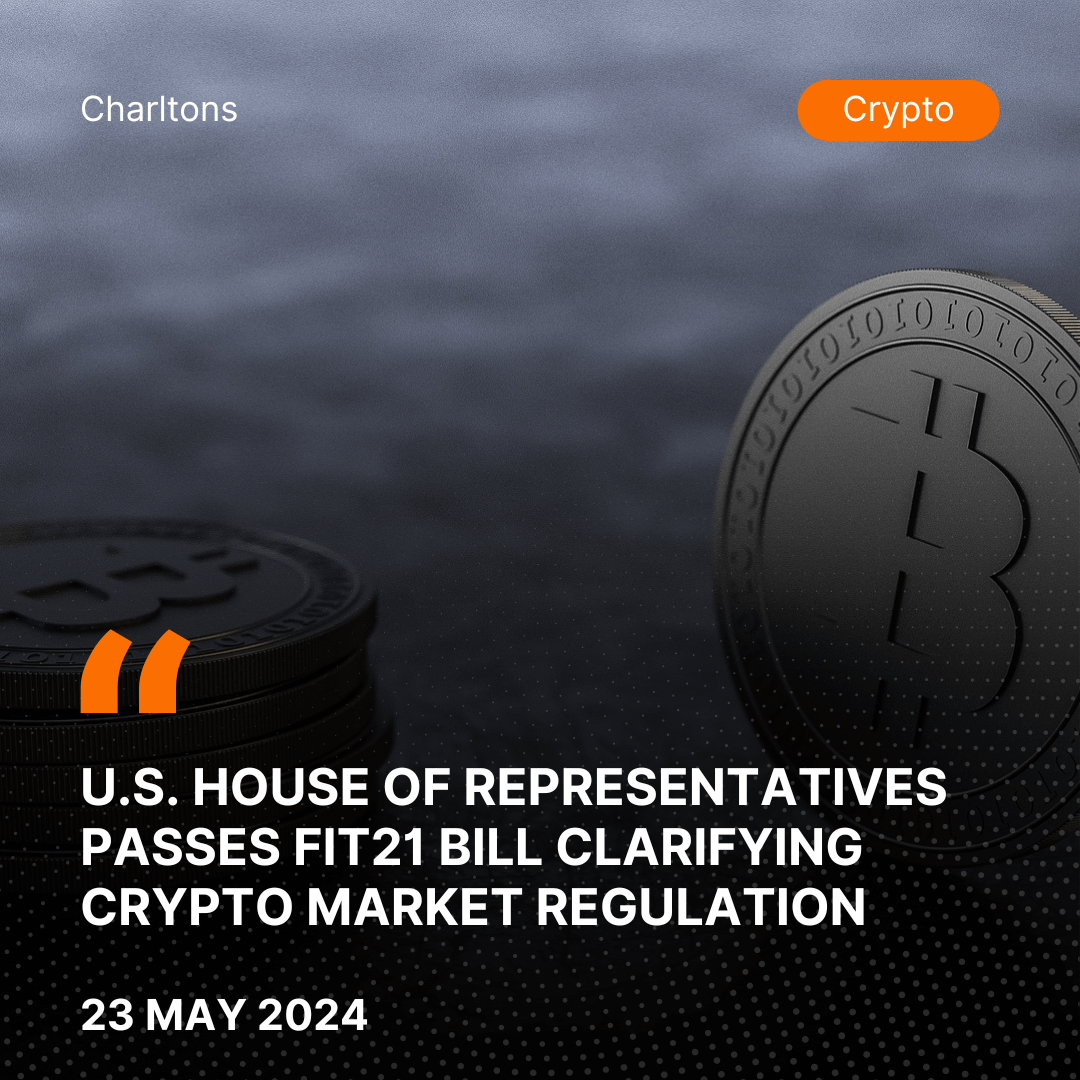
The U.S. House of Representatives has passed the FIT21 bill, which aims to clarify the regulation of crypto markets under the jurisdiction of securities and commodities regulators. The bill passed with 71 Democrats and 208 Republicans in favor, while 136 members voted against it. It will now move to the Senate for review, with further action unlikely until early next year.
Representative Patrick McHenry highlighted the ongoing struggle between the SEC and the CFTC over control of crypto asset regulation. Conversely, Representative Maxine Waters criticized the bill, expressing concerns that it would place crypto regulation in a “no man’s land” and excessively deregulate the industry.
The FIT21 bill proposes granting the Commodity Futures Trading Commission (CFTC) more oversight over crypto spot markets under the designation of “digital commodities.” Meanwhile, the U.S. Securities and Exchange Commission (SEC) would retain oversight over “restricted digital assets.”
Coinbase CEO Brian Armstrong praised the bill’s passage as a significant step towards clear crypto regulation, which he believes will protect U.S. consumers and promote innovation. This positive outlook was echoed by some market participants.
However, other industry leaders expressed skepticism. Clusters founder “0xfoobar” argued that the bill merely shifts regulatory responsibilities without addressing the fundamental issues of crypto tokens fitting into existing regulatory frameworks. He cited a CFTC lawsuit against ZeroEx Inc as evidence that the commodities regulator can also be stringent.
Prominent crypto lawyer Gabriel Shapiro warned that hoping a different regulator might be more lenient could backfire, noting that the SEC would still retain considerable power under the dual regulatory regime proposed by the bill. Pseudonymous industry watcher “@zeroxkeegan” suggested that the best outcome might be for the Senate to shut down the FIT21 bill altogether.
As the bill moves forward, the debate over the appropriate regulatory approach for the crypto industry continues, reflecting the complexities and divergent views within the sector.





